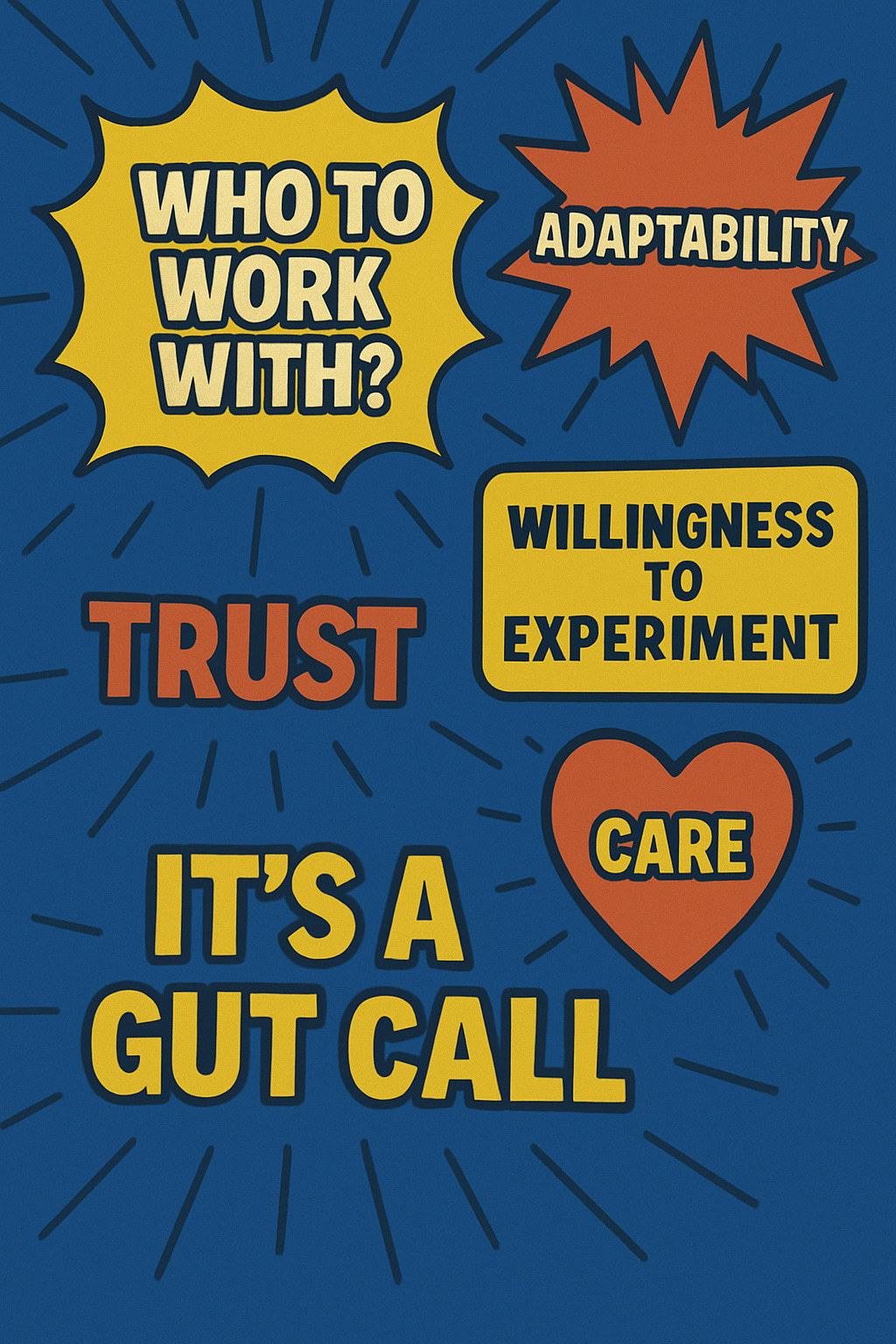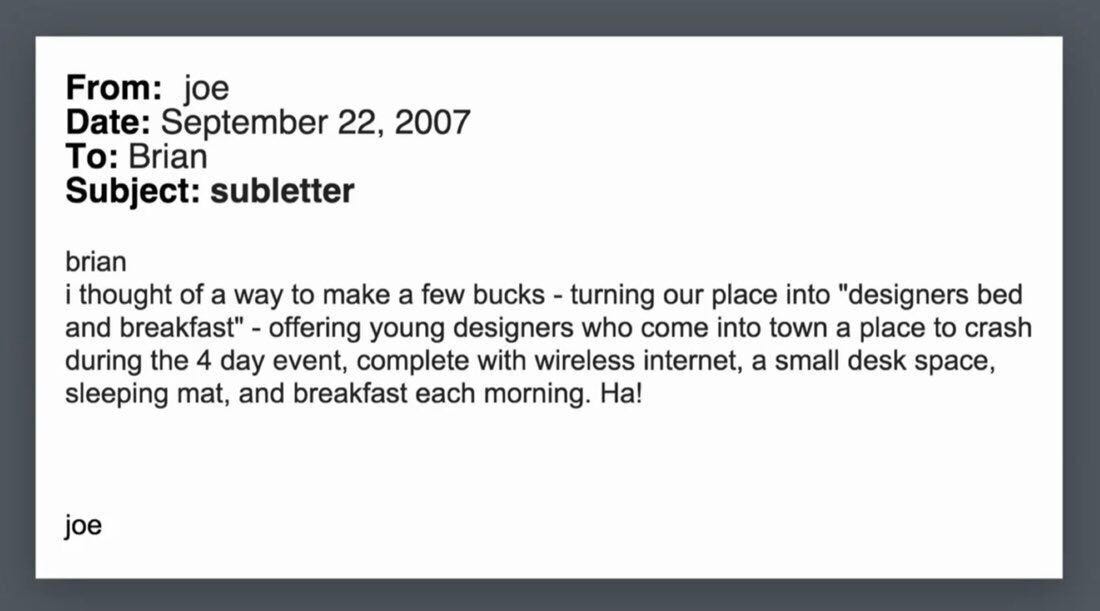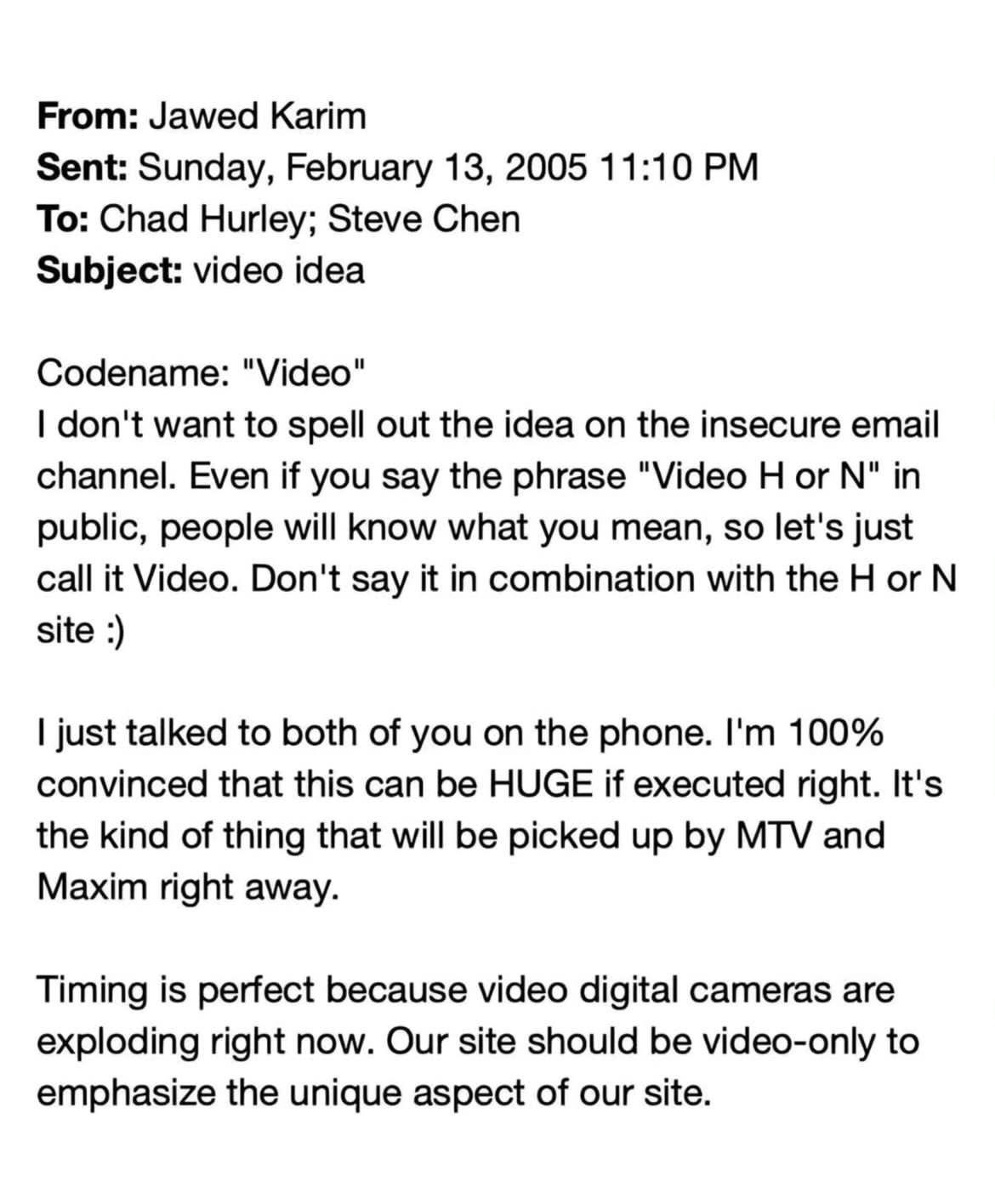Along with focusing on what problem to work on, you also need to solve for who do you work with. So what should you index on while picking a cofounder?
Adaptability
People often overlook one key trait while picking a cofounder.
Picking a cofounder is not unlike picking a life partner, after all, you’re going to be spending most of your time together building the company and having a lot of fights along the way. 🤷♂️
The biggest mistake people make while picking a cofounder is going for labels. That label could be an education label, company label etc.
In the best case, it’s a good judge of IQ but not a lot of other things required in a startup.
The truth is, if the person has not started up or been in first 10 members of a team, they really dont know what they are getting into. They can get all the gyaan (including this one) and feel that they know, but that is just an illusion.
Does that mean you only pick people with previous such experience? Not really, that would confine your pool by quite a bit.
Instead, you look for proxies of adaptability. 🏃♂️
Today, you’re fundraising, tomorrow you dont get a term sheet, then your biggest customers leave and day after, you suddenly get a lot of customers that your processes can’t handle.
The biggest skill that good founders have is resourcefulness, an ability to get things done in various situations. And that doesn’t happen if you’re obstinate.
How do you gauge this?
Understand if they have been in situations where they had to change rapidly to get some outcome. If they have hacked any system to their advantage, that’s also a big plus (YC asks this question in their application and it’s very telling). If they have taken their side projects to a decent stage, that’s a plus. Along the way, if they have learnt a skill that they didn’t know before, that’s a big plus.
It’s hard to put an exhaustive list here but we can probably look on the other side 💡
Non-adaptability has a high correlation with lack of curiosity & open-mindedness, general complaining behavior, taking instead of contributing mindset, talking instead of doing mindset. So if you sense that someone is high on these, they're probably not a right fit.
Ultimately, the full magnitude of this trait comes out only in situations, so you can never be 100% sure. But just make sure you index highly on this factor.
Trust
Your next cofounder is already in your contacts list.
I got this advice from a senior who’d started up and I can’t overstate how well this lands generally. Cofounder relationships are based on high trust and as a dialogue in Scam 1992 goes, “what’s the most expensive thing in the world?” Trust. 😅
The root of trust is integrity —> would you do what you said you would and would you behave in the best interests of the company.
So integrity is a supremely, actually, THE most important thing to check along with adaptability (as mentioned in earlier post). And how do you check for integrity?
This is generally a long term metric, hence getting data early on this is hard. 🤷
But if you already know someone well enough to know how and why they have taken the actions they did, you will know if they have integrity.
If you dont know someone that well but just as an acquaintance, you can still build that rapport and have an open conversation. Additionally, references, from past people they have worked with, help.
Does this mean you wont be successful with strangers? No, you may be, but you will need to put in the extra work upfront to build trust. In such situations, I’ve relied on a questionnaire that I prepared from various sources to discuss all the hard questions about starting up and uncover deeper values of people.
Also, getting older improves your spidey sense about people :P
Jerry Seinfeld once said, when asked how he felt about aging, “I think if you’re a little lucky in life you should enjoy getting older…when you’re young you can’t see what’s going on so well. You get older, you walk into a room and you see who people are faster.” 💯
Practically though, once you do all of the above, do a trial period or cofounder dating where you actually work together on a project and assess work compatibilities.
Just like most things in startups, you learn the most by doing.
Willingness to experiment
I’ve noticed a pattern among the first cofounder conversations.
🏡 “I thought of a way to make a few bucks - turning our place into ‘designers bed and breakfast’” - Airbnb
📹 “Codename: video. I just talked to both of you on the phone. I’m 100% convinced this can be huge if executed right.” - Youtube
(full email in images)
Yes, they were all wacky ideas at the time, but more importantly, the other person(s) was willing to go along with the wackiness.
This brings me to the third most imp trait to index on in choosing cofounders — willingness to be experimental. 💥
There’s of course value to this trait.
A lot of hypothesis testing that has to be done in startups is at the extremes. So the wackier ideas you test, the faster you get feedback.
E.g. Imagine you’re in ecomm and trying to test if customers want faster delivery than current time. “Let’s try for 10 mins?” sounds like a wacky idea but is actually a very smart experiment. Because if people don’t see enough usage at 10 mins, any improvement you do on this axis will at best be incremental.
From my own experience, we thought pricing was becoming a barrier so gave lifetime free offers in Trade94. Turns out very few people took those offers, which gave us the answer that we needed to iterate on the core value and not the pricing.
In fact, most leaps from faster horses to cars come this way only. The absence of this trait leads to 10x ideas being killed in the cradle itself.
This trait also makes the startup journey a lot more fun, as you keep trying things that you think would never work and suddenly see some of them working. 🤯
So, index highly on willingness to experiment.
Care
The true alpha that a cofounder brings to a company is not skills, it’s care.
“The team you build is the company you build.”
Vinod Khosla said this a while back and it remains true. You hire someone and they get people they know / are friends with, and the trickle effect of this on your culture is very high. And this starts with you and your cofounder. That is why the consequentiality of this decision is so high.
The trait that makes a great cofounder (and founder) is care.
🎯 Care about solving the problem at hand.
💡 Care about delighting customers.
🏢 Care about hiring and retaining great people.
📱 Care about building great product / service / process
💯 Care about doing whatever it takes to build a great company.
In fact, a lot of traits that I mentioned in the previous posts - adaptability, trust, willingness to experiment - may eventually come from caring a lot about the things above.
With time, you can see how much someone cares about something. It will show up in action (vs talk), in the way they speak about something, in the standards they hold for shipping.
Additionally, as you work together initially on a small project, this will come out much more clearly in the finer details of execution.
So, solve for care, solve for everything.
Straight from the gut
How do you take a 10 year decision in one month? 🤔
This is required whether you’re picking your cofounder or your founding hires. As I’ve written before (posts below), the traits that you have to index on in these situations are not easy to talk and understand.
For example, if you’re evaluating a cofounder, it makes sense to do a 1-month of working together to evaluate. But what do you actually do in that month?
Firstly, you set a specific (ideally measurable) target for that period. That can be anything dependent on where you’re in your startup journey (e.g. X customer validation conversations —> X leads —> shipping something etc.).
This aligns you both towards a common goal 🎯
This may change as you go along (e.g. your previous thesis may be invalidated and you may start from 0) in which case you can refine the goal accordingly or compress it to weekly.
As you go through the process, you pay attention to some finer details
1️⃣ whether you enjoy brainstorming and debating with each other
2️⃣ is there an augmentation of viewpoints / what are the complementarities
3️⃣ what do you disagree on (smaller points vs fundamental things)
4️⃣ how are disagreements handled
5️⃣ differences in talk vs action (Remember startups are a doing game).
This entire process helps you to discover whether there’s a good fit, both in terms of values and ways of working. Ultimately, like most big things in life, this is a gut call, so keep it simple 🙂




